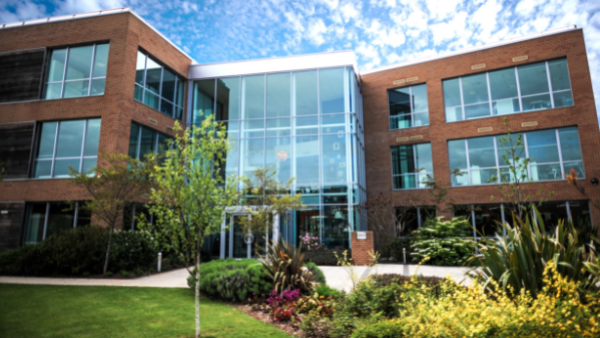Michelmores has announced its new Agile Working 12-month pilot, with particular focus on giving people the choice to work from the office or remotely. The emphasis is on the trust placed in employees to choose the best way for themselves to work, whilst continuing to deliver exceptional client service.
The Agile Working pilot builds on Michelmores’ existing Agile Working policy. It captures lessons learned from remote working during the COVID pandemic and builds upon the Firm’s continued commitment to integrating use of technology to support the delivery of client solutions.
The Firm surveyed its people during the COVID pandemic to understand the changing impact of home working, its employees’ future aspirations, and the broader aspects of wellbeing. Some key findings helped to shape the Firm’s future approach, and highlights of the survey included:
- 87% confirmed that flexibility/agile working was important to them in the future
- 88% confirmed that agile working offered work-life balance benefits
- Agile working was seen as an important way to help reduce the Firm’s environmental impact
Tim Richards, Managing Partner at Michelmores, is encouraging everyone to experience both types of working, spending some of the time working in the office, and some of the time working remotely, saying:
“The COVID pandemic and enforced remote working accelerated our agile working thinking and has enabled us to give our people ultimate choice in where they work, whilst continuing to meet the needs of our clients and our business. We have been given a fantastic opportunity to find new and creative ways of working together, shaped by our people, who have been so resilient and supportive of one another and our clients over the past 18 months.”
“Being agile is key to meeting both the needs of our people and our clients: we remain a people-focused business. Collaboration, both between colleagues and with clients, continues to be an important bedrock of our business. We know that clients will continue to value face-to-face interaction with our lawyers, and our offices will continue to be collaboration hubs. Our Agile Working pilot will not detract from those principles. We are also committed to finding new ways of working which continue to reduce our impact on the environment, through greater use of technology to conduct business, combined with being more intentional about decisions on business travel in the future.”
The Agile Working pilot kicks off in the autumn, on the back of an ongoing open dialogue across the Firm on what agility individuals might want as they begin to return to the office. These conversations are predicated on the principle of “we can, if….”, encouraging everyone across the Firm to be creative and innovate in adapting to new ways of working. There is an expectation that the frequency of remote working will vary by role, level of experience and across teams. Team Leaders are being given accountability, in consultation with their team colleagues, to shape what this means for their team, taking into account the needs of clients, and the wider interface with other teams to deliver great client service.
Colette Stevens, HR Director at Michelmores, said:
“I am excited by the opportunities that this new way of working will give our people. We have consciously made the decision not to be prescriptive about the percentage of time to be spent in any particular working environment, there is no “one size fits all”, each individual and each team will have different needs. We are placing our trust in our people to make the best choice on how to organise their work. Ultimately, we are looking to our people to balance their working preferences with what is needed to deliver great client service, alongside the needs of the wider business. We have successfully recruited 110 people in the past 12 months, and are keen to continue this growth by being in a position to offer an even more supportive and flexible working culture, as well as providing an environment which helps to sustain our employees’ wellbeing.”
The Agile Working pilot will kick off in September and will be subject to firm-wide surveys and feedback workshops, to allow for refinement and improvements.
